UI/UX / design / research
MPulse Money Management App
Our mission is to encourage saving money and cultivating healthy spending habits in a fun and rewarding way.
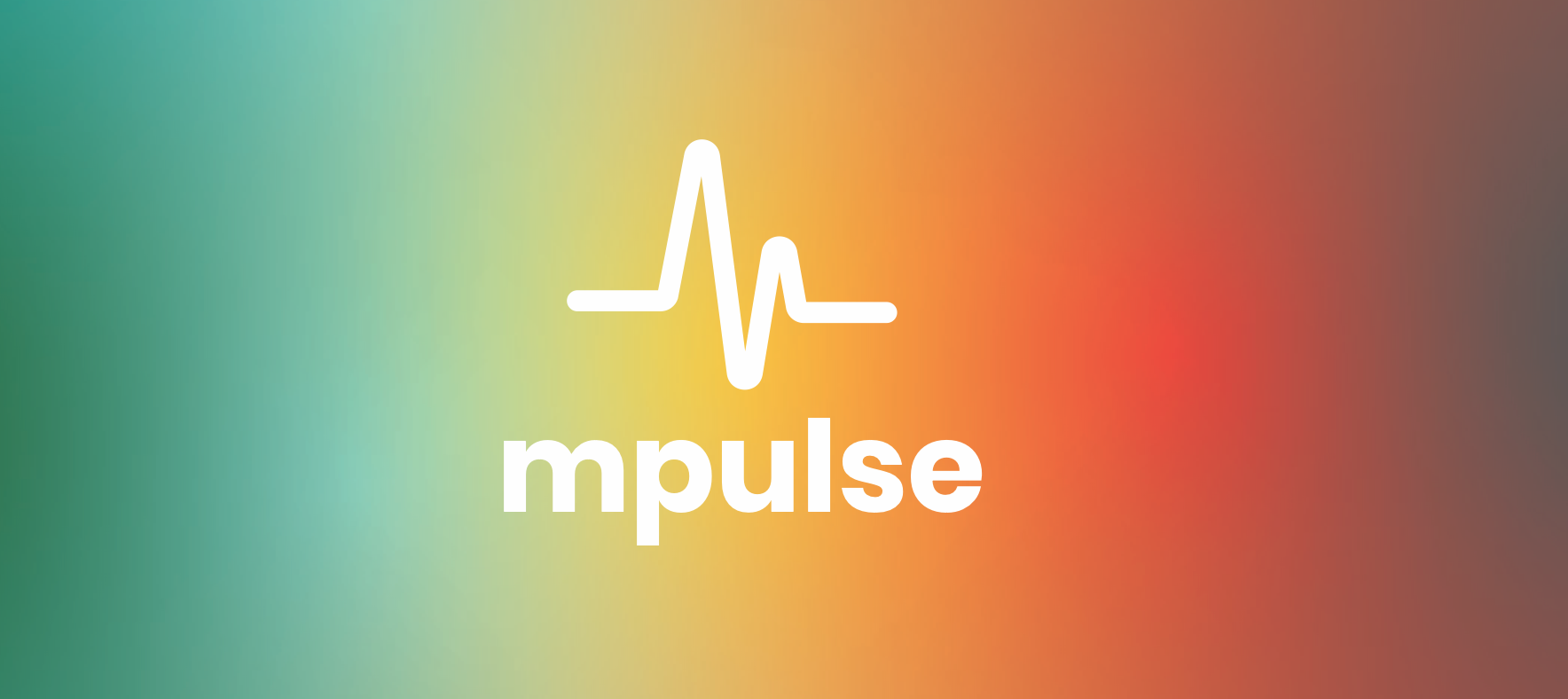
The User
Our user persona is Danielle, a junior in college with no experience with money management, who spends carelessly and has accumulated a bit of credit card debt.
Danielle recieves an annual loan at the start of each semester of school that is ideally used to cover living expenses, such as rent, groceries, and utilities.
Danielle also has a part time job which pays twice a month-- money that they could be saving but instead spend on unnecessary outings.
The Scenario
Danielle will be taking two journies on MPulse:
01. Danielle will use the app to see if they can afford a new winter coat.
02. Danielle will use the app to help them save for a $500 plane ticket home for christmas.
The Set Up
To begin, Danielle inputs their personal and banking information into the app, which allows us to build a database of how Danielle spends their money currently.

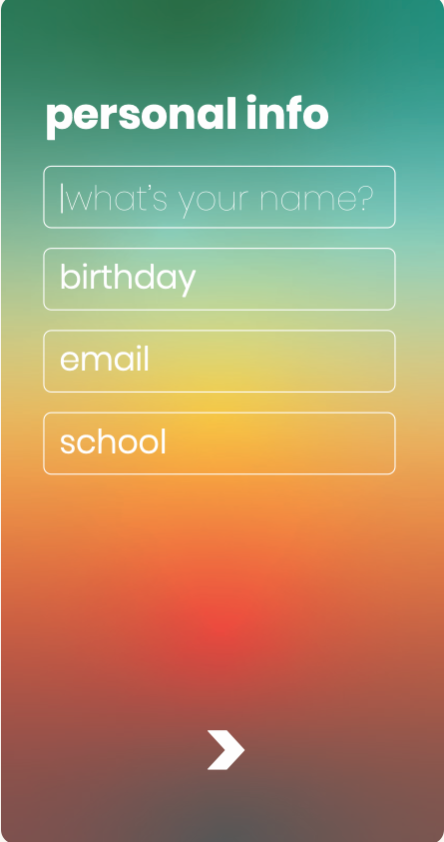
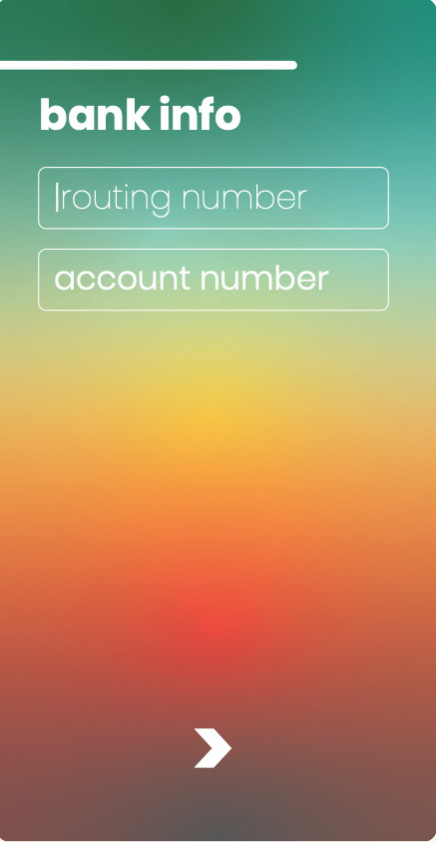
Next, Danielle inputs their loan information, and rent and utility payment information in order for us to calculate how much money can and should be put aside in order for Danielle to make their payments on time and with money to save left over.
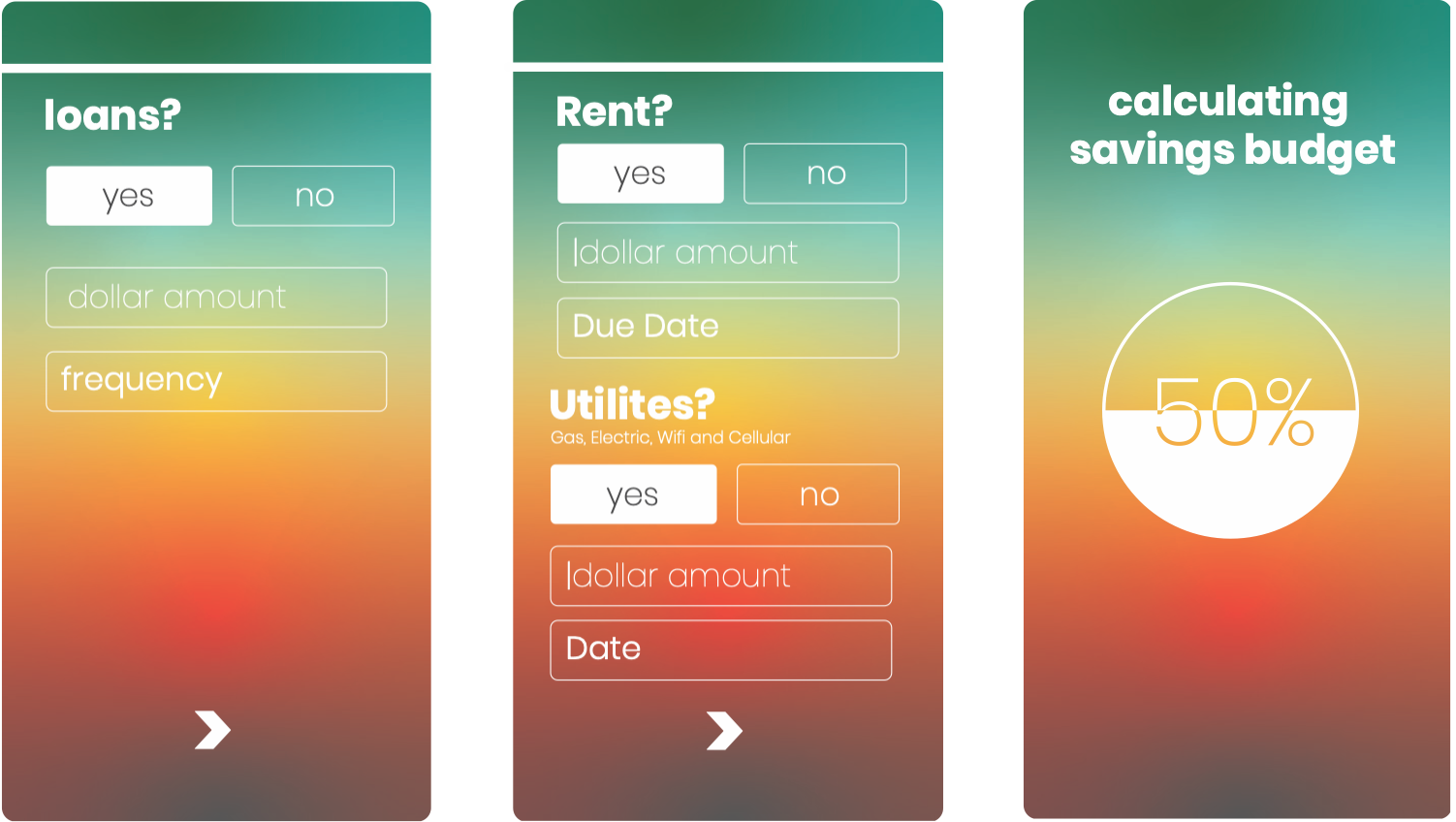
Danielles weekly budget is then displayed with rent, utilities, and any other recurring payments already subtracted out. Each category of their budget is chosen based on prior spending information from their bank. In Danielles case, they have a budget for miscellaneous spending, school supplies, food and drink, transit, and a weekly savings goal.
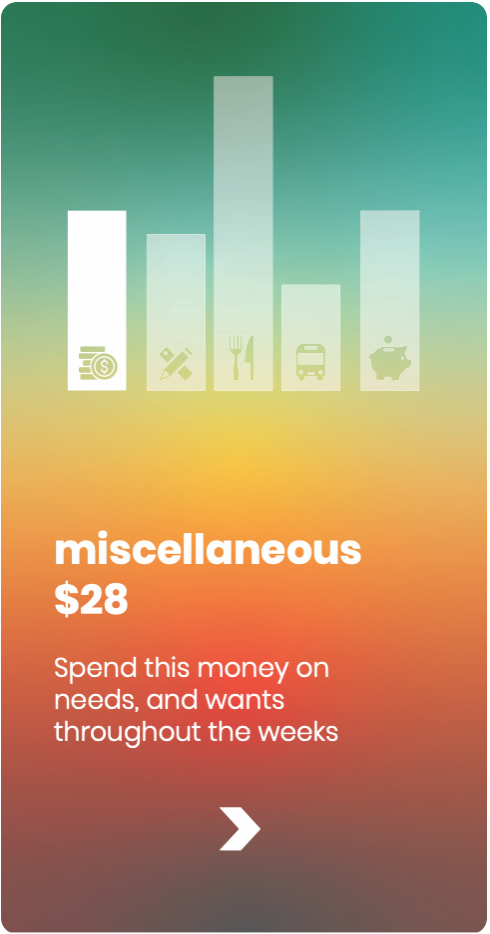

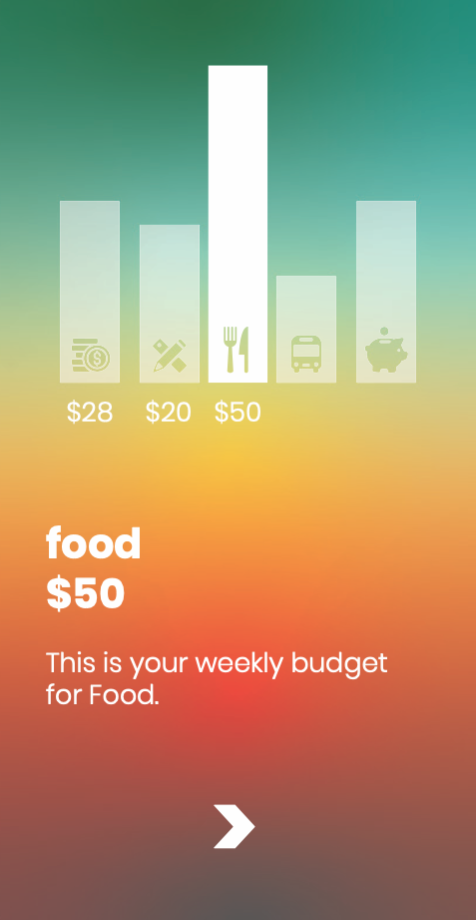
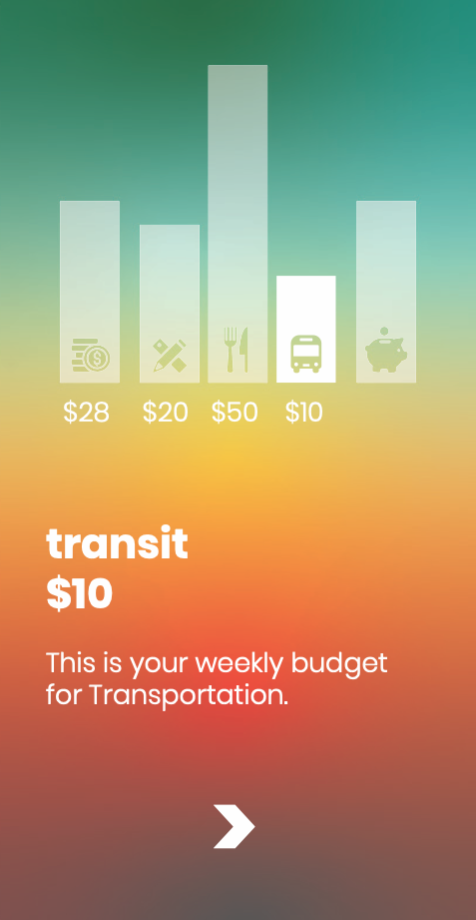

Every user has a miscellaneous spending budget, and a weekly savings goal, but the other three categories are variable. These middle categories are suggested based on previous spending habits, but can be manually chosen.
The Experience
After Danielle gets their weekly budget calculated, they are taken to the homescreen, where they can then access their budget and test the waters for what they can afford to spend money on!
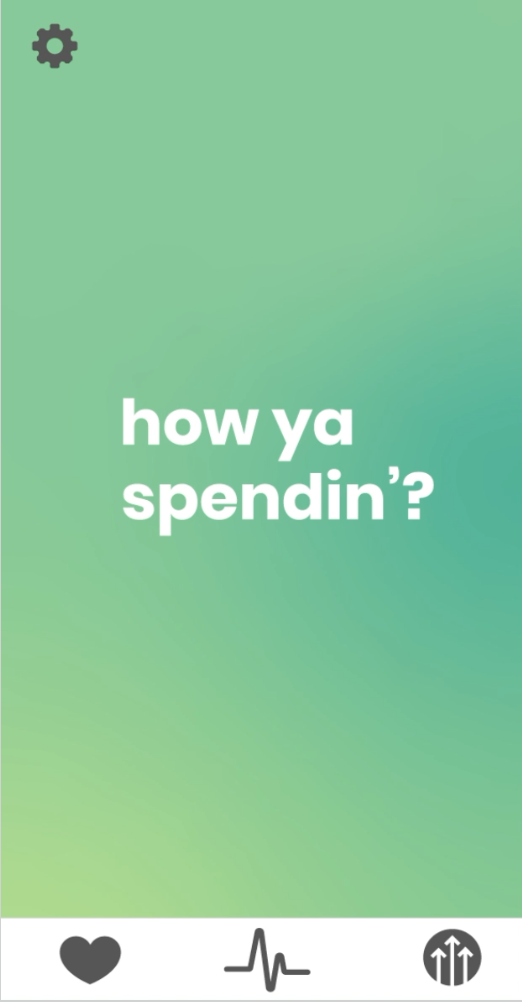
Danielle wants to buy a $50 dollar coat, so they use the slider to see how that will affect their weekly budget.
First, their miscellaneous fund is drained, as this purchase is not part of their other budgets. Since they only have $28 dollars a week for miscellaneous purchases, Danielle has to take money from their other budget categories, which results in point deductions.
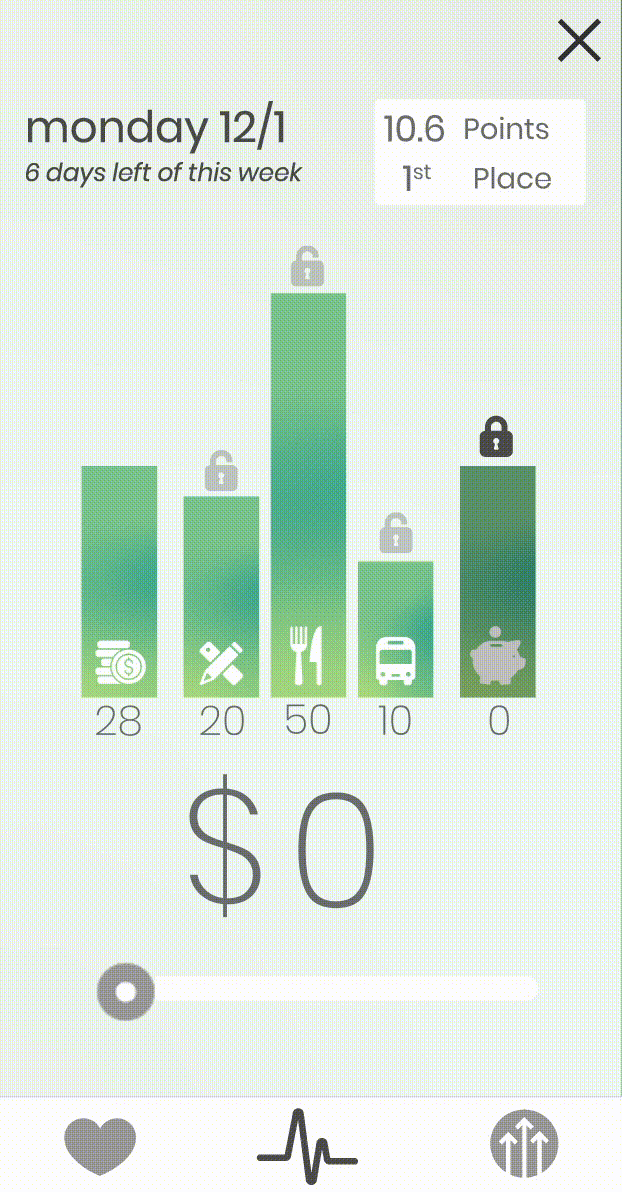
Here’s scenario number two:
There are some purchases that Danielle wants to plan on, but has to learn to save to do so. MPulse makes that easy by including that savings amount in your budget, so that as long as you maintain your categories, you’ll be making those big purchases in no time.
For example, Danielle wants to fly home for the holidays, and the plane ticket costs $500 dollars.
They set the slider at $500 which prompts a screen change to display a new slider for a budget over time, rather than just one week.
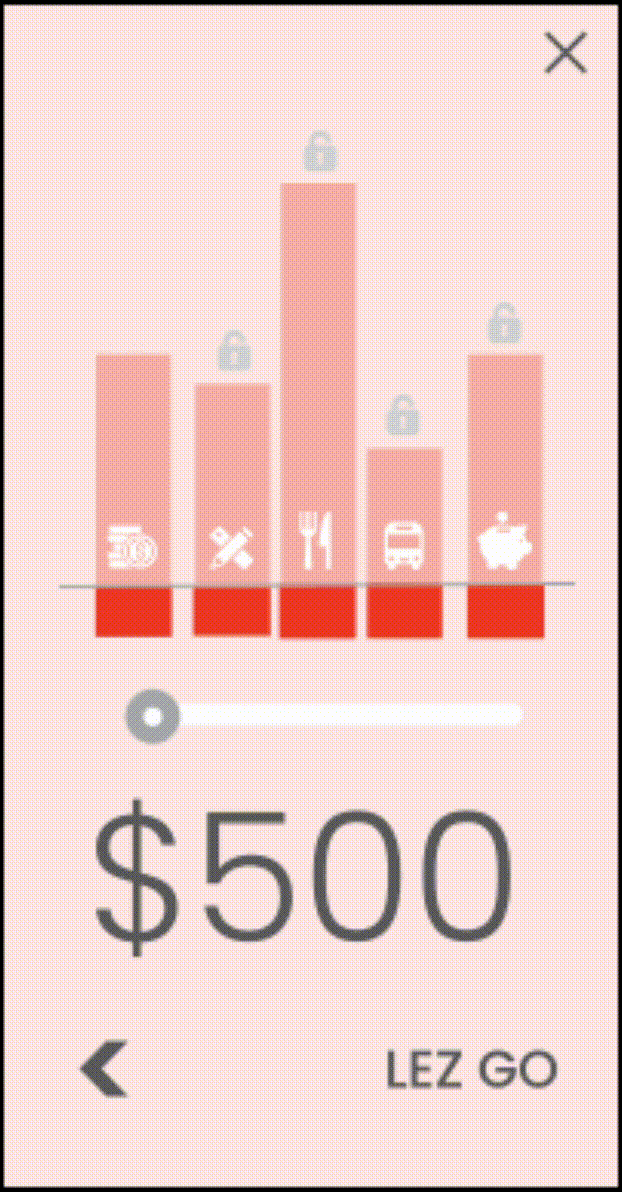
The app will set a reasonable time frame for you, but if you want to extend or shorten that period of time, you can move the slider to however long you want to space your budget out for. In this case, Danielle chooses to save for the plane ticket over the course of two weeks, leaving her with a very small budget for that time period.
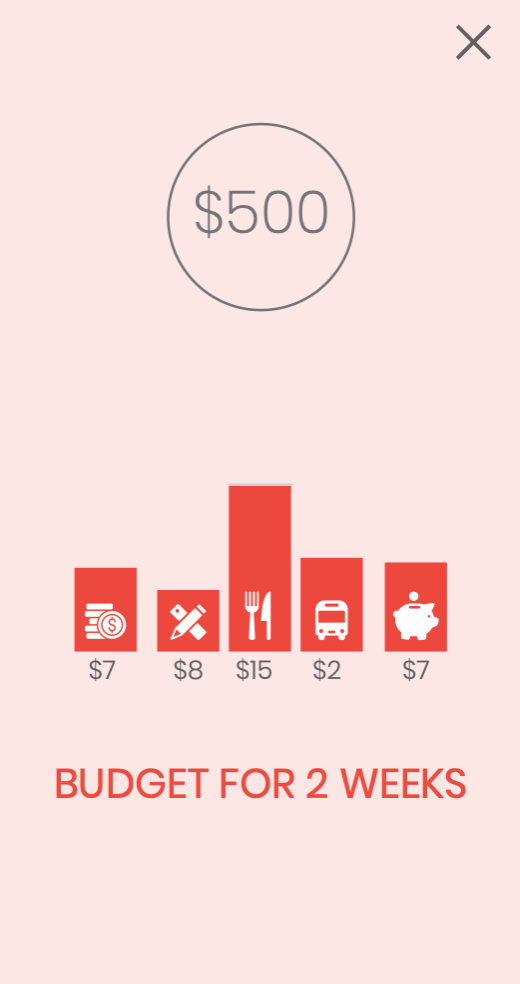
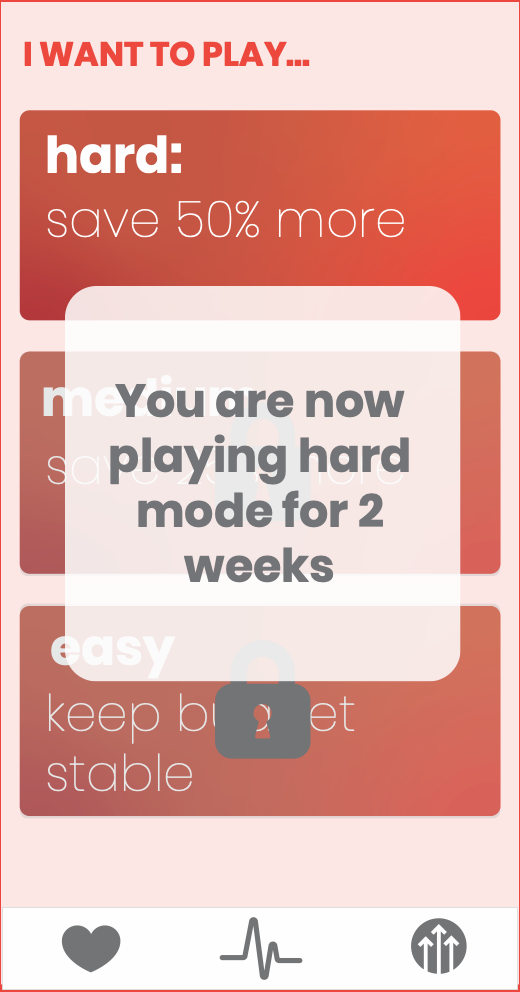
Overall, if Danielle can stick to this budget for the two weeks, not only will they be able to afford their plane ticket, they will also have an even better chance at winning in their weekly brackets. This technique teaches our users financial discipline and strong saving habits.
The Game
You may be asking yourself: “How will Danielle get points?” “What do the points correlate to?” Well here’s how!
The way this app encourages wise financial habits is through our competitive gaming structure. Our users learn to strategize spending and saving in order to win a weekly bracket.


Each player is placed on the leaderboard (here is our holiday themed board) with only their ranking visible.
Points can be redeemed for real world prizes, which help our users save money while still being able to “treat themselves”.
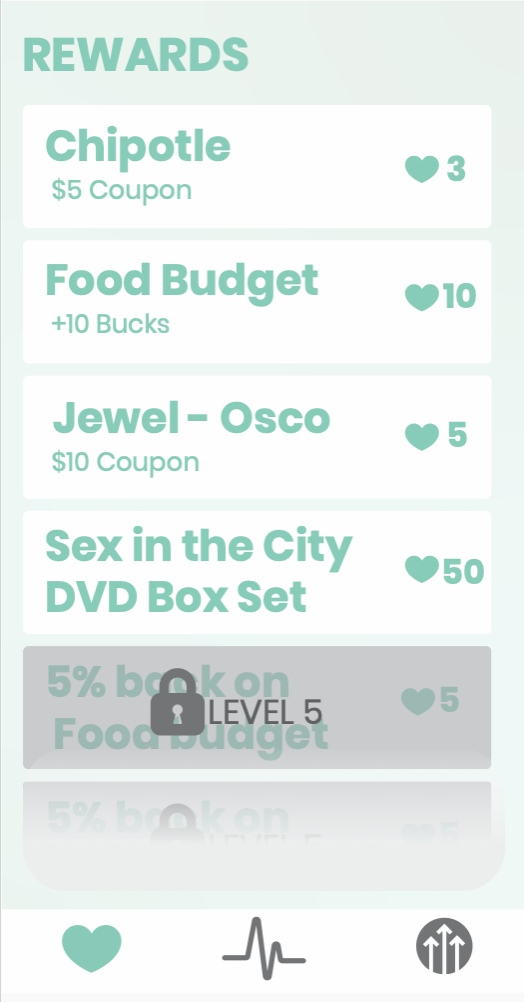
Each week, starting sunday evening at 8 PM, users are placed into a bracket of anonymous people with similar spending habits to their own.
Each player starts the week with a baseline of 10 points, and selects a difficulty level for the upcoming week.
![]() If they choose to play on hard mode, they get an extra 5 points, starting them off at 15 for the week. If they choose to play on medium, they receive an extra 3 points, putting them at 13, and easy mode has no bonus points.
If they choose to play on hard mode, they get an extra 5 points, starting them off at 15 for the week. If they choose to play on medium, they receive an extra 3 points, putting them at 13, and easy mode has no bonus points.
![]() The game is based on deductions, where poor financial decisions result in a loss of points. The only exception to this is that if you did not spend all of your weekly budget, you can choose to save the left over money for an extra point at the end of the week. The player at the end of the week with the highest number of points is the winner.
The game is based on deductions, where poor financial decisions result in a loss of points. The only exception to this is that if you did not spend all of your weekly budget, you can choose to save the left over money for an extra point at the end of the week. The player at the end of the week with the highest number of points is the winner.
Each player starts the week with a baseline of 10 points, and selects a difficulty level for the upcoming week.

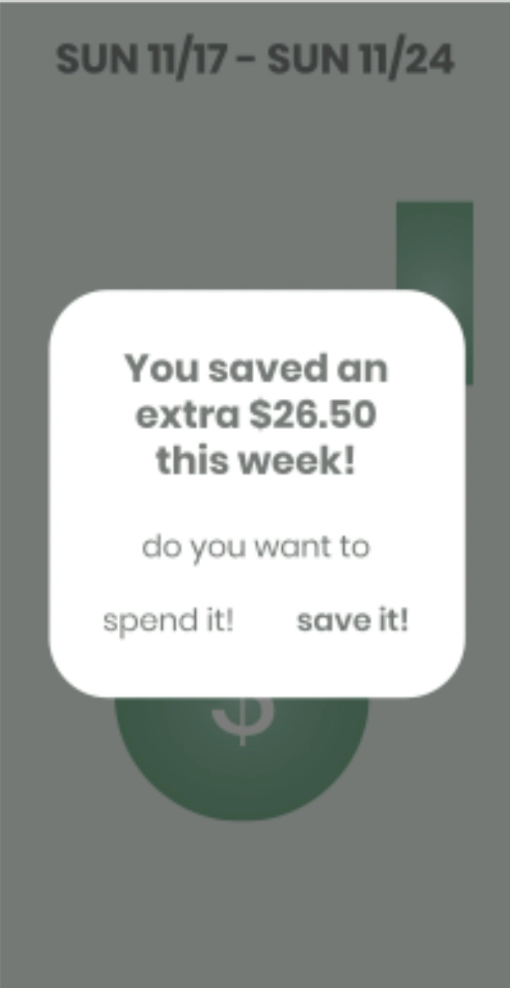
The Result

Overall, the result of using this app is increased financial saviness, accumulated weekly savings, and rewards that reinforce the positive aspects of saving and spending wisely. This app is designed to curb the habit of impulse purchasing, and to help you have a healthier relationship with your money!
At no point in the use of this app do you ever see anyone else’s financial information, nor do they ever see yours.